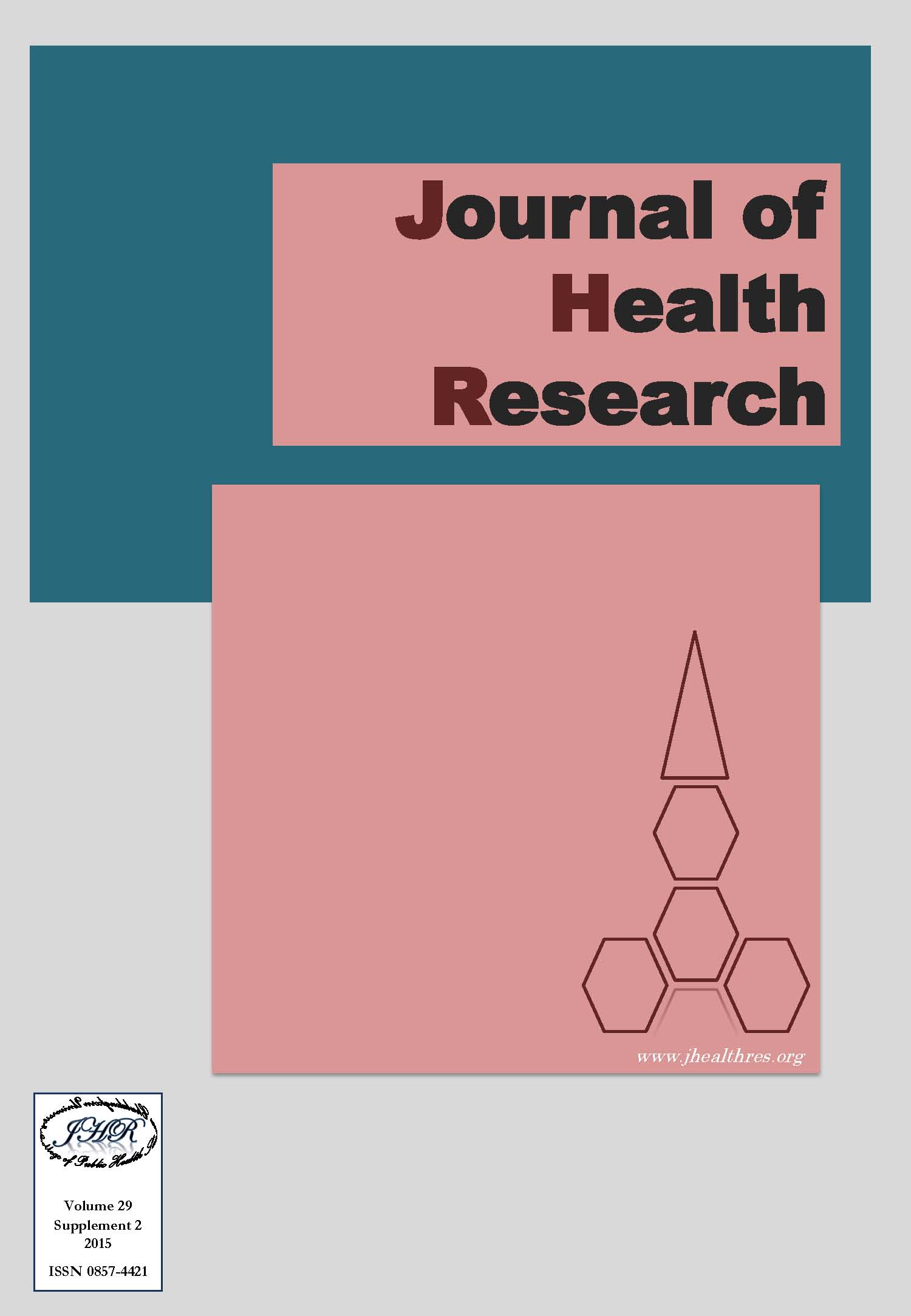Sexual threat and self-protection of night shift female workers
Keywords:
Sexual harassment, Sexual threat, Self-protection, Night shift female workers, ThailandAbstract
Background: Crimes and sexual threats in different forms, such as violence on life and property, rape, and indecency are increasing rapidly. It is also the problem of interest. There is crime tendency index of Thai society. From the statistic collected during January – September 2010 by Metropolitan Police Bureau, there were 10,820 cases of violence on property, robbery, theft, snatching, stealing, and threatening and 3,428 cases of violence on life, body, and sex, killing attempt, battery, and rape. This research aims to examine behaviors perceived by night shift female workers as sexual threat, sexual harassment experience, and self-protection.
Methods: The sample group includes 327 female workers in the Telecommunication Company, Bangkok, Thailand who work during 18.00 – 06.00 hours. The data were collected by a self-administrative questionnaire among female workers working at night shift. The questions were sexual harassment experience, and self-protection behavior. The data were analyzed by using descriptive statistic, chi-square test, and content analysis.
Results: It was found that about 40% of female workers have ever had sexual threats. Females at the age of 20 – 24 years had highest self-protection behavior. Sexual threat of most experienced by female workers includes touching, holding hand, and bumping. Symbolic threat mostly experienced by female workers includes being stalked, being stared for a long time, and one of female workers being forced to have sex. The three most frequent practices to avoid sexual threat are; do not be with a man at a blind spot, if walking alone in a desolate place, try to be accompanied by a friend, and choose a bus stop with street lamps.
Conclusion: At present, the economic crisis makes females work as night-shift workers. The study reports these workers frequently have met sexual threat and harassment during travelling back home. Therefore, the prevention program for the situation should be concerned.







